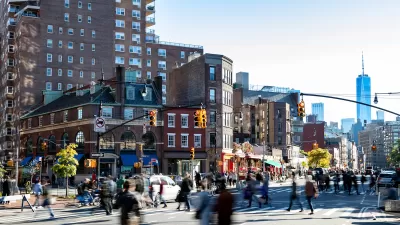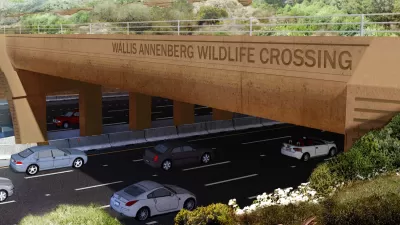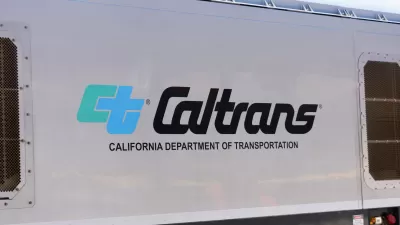Call it the factionalization of retribution politics in California. When Asian American Democrats dropped their support for an affirmative action measure for education, African American and Latino Dems responded, and new Volt owners lose.
The constitutional amendment was "(SCA 5) that would’ve let public university admissions officers consider race when selecting applicants, overturning parts of Proposition 209, the 1996 ballot measure that banned affirmative action in state institutions", writes The Nation's Steven Hsieh.
The amendment died last month after "Asian American Democrats were the subject of an advocacy campaign by opponents of affirmative action earlier this year, and their decision not to support the measure caused it to fail," write Laurel Rosenhall and Jeremy B. White in The Bee.
On Monday (April 06), several members of the Legislature’s black and Latino caucuses withheld their votes on a non-controversial bill, killing a measure by Assemblyman Al Muratsuchi.
That noncontroversial bill, AB 2013 is directed toward consumers who recently purchased Chevy Volts and other plug-in hybrid electric vehicles (PHEVs) that also have a gas tank and qualify to use carpool lanes with only one occupant and drive at no charge in California's Express Lanes (also called HOT lanes). Unlike pure electric vehicles, they are limited to 40,000 vehicle as we noted in a recent post.
PHEVs have proven so popular that the 40,000 vehicle quota appears to have been reached. "This bill would increase the number of those identifiers that the DMV is authorized to issue to 85,000," per the legislative counsel's digest.
FULL STORY: Backlash over affirmative-action bill surfaces in Legislature, election

Pennsylvania Mall Conversion Bill Passes House
If passed, the bill would promote the adaptive reuse of defunct commercial buildings.

Planning for Accessibility: Proximity is More Important than Mobility
Accessibility-based planning minimizes the distance that people must travel to reach desired services and activities. Measured this way, increased density can provide more total benefits than increased speeds.

World's Largest Wildlife Overpass In the Works in Los Angeles County
Caltrans will soon close half of the 101 Freeway in order to continue construction of the Wallis Annenberg Wildlife Crossing near Agoura Hills in Los Angeles County.

Alaska Village Becomes Test Case for Climate Change Relocation
The Yup’ik village of Newtok is the first Alaska community to begin a full-scale relocation necessitated by the impacts of climate change. Another 31 Alaska communities remain vulnerable.

Amtrak Takes Lead on Texas Central Rail
The high-speed rail project isn’t a done deal, but if it moves forward, trains could begin operating in 2030.

Maine Approves Rent Relief Program
Legislators hope the assistance program will help struggling low-income households avoid eviction.
City of Costa Mesa
Licking County
Barrett Planning Group LLC
HUD's Office of Policy Development and Research
Mpact Transit + Community
HUD's Office of Policy Development and Research
Tufts University, Department of Urban and Environmental Policy & Planning
City of Universal City TX
ULI Northwest Arkansas
Urban Design for Planners 1: Software Tools
This six-course series explores essential urban design concepts using open source software and equips planners with the tools they need to participate fully in the urban design process.
Planning for Universal Design
Learn the tools for implementing Universal Design in planning regulations.

























